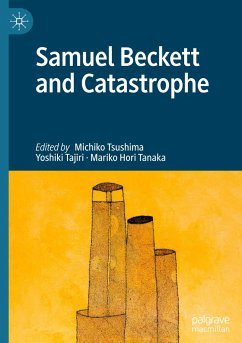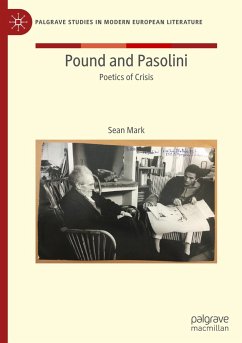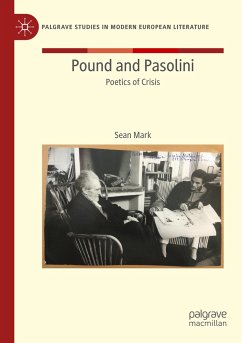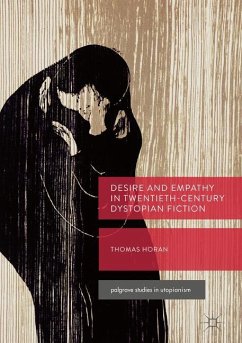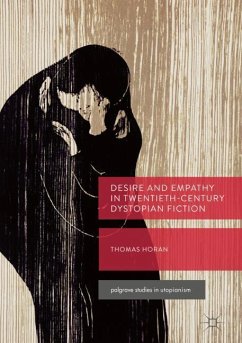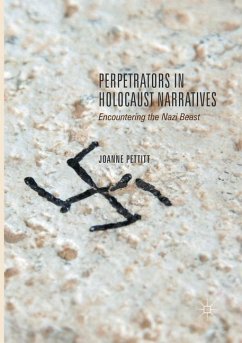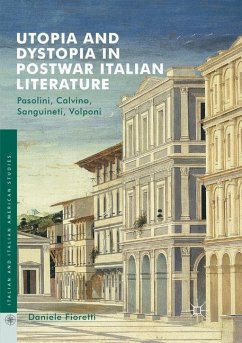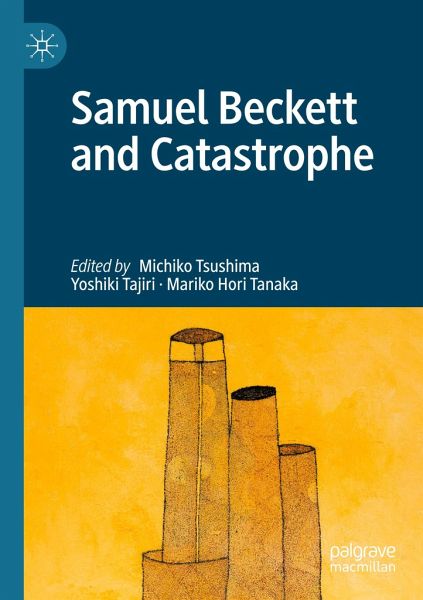
Samuel Beckett and Catastrophe
Versandkostenfrei!
Versandfertig in 6-10 Tagen
91,99 €
inkl. MwSt.

PAYBACK Punkte
46 °P sammeln!
Samuel Beckett and Catastrophe is a groundbreaking collection of original essays that explore the relation between Samuel Beckett and catastrophe in terms of war, the Holocaust, nuclear disasters and ecological crisis. Responding to the post-catastrophic situations in the twentieth century, Beckett created characters who often seem to have been through an unknown catastrophe. Although the importance of catastrophe in Beckett has been noted sporadically, there has been no substantial attempt to discuss his aesthetics and work in relation to it. This collection will therefore serve as the first ...
Samuel Beckett and Catastrophe is a groundbreaking collection of original essays that explore the relation between Samuel Beckett and catastrophe in terms of war, the Holocaust, nuclear disasters and ecological crisis. Responding to the post-catastrophic situations in the twentieth century, Beckett created characters who often seem to have been through an unknown catastrophe. Although the importance of catastrophe in Beckett has been noted sporadically, there has been no substantial attempt to discuss his aesthetics and work in relation to it. This collection will therefore serve as the first sustained study to explore the theme of catastrophe in Beckett and will be a highly significant contribution to Beckett studies.
Chapter "Slow Violence and Slow Going: Encountering Beckettin the Time of Climate Catastrophe" is available open access under a Creative Commons Attribution 4.0 International License via link.springer.com.
Chapter "Slow Violence and Slow Going: Encountering Beckettin the Time of Climate Catastrophe" is available open access under a Creative Commons Attribution 4.0 International License via link.springer.com.





